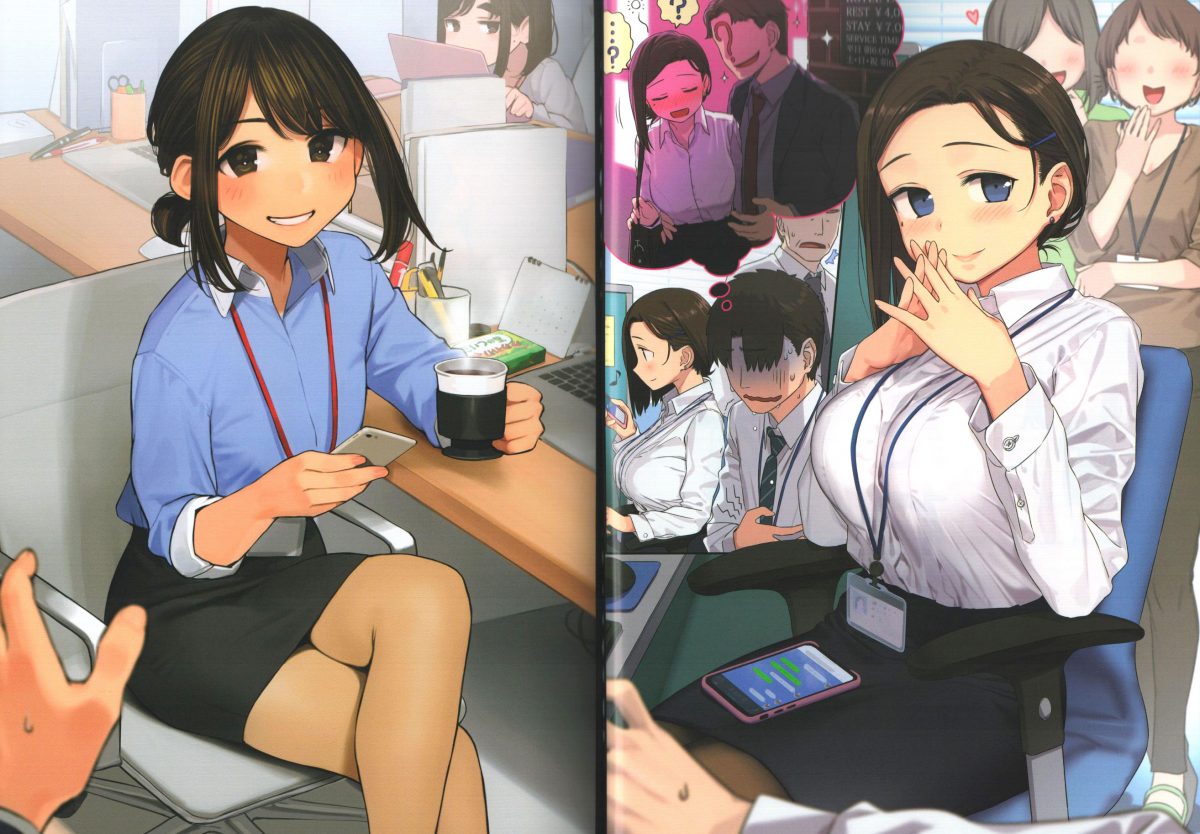Here’s a blog post about learning some Japanese phrases that foreigners are definitely not supposed to know!
Let’s Learn Japanese Phrases Foreigners Usually Don’t Use!
One fun aspect of learning Japanese is picking up the words that foreigners aren’t expected to know, and which surprise Japanese people if you know them. I’m not talking about the “naughty” words of Japanese — it’s a given that everyone learns those right away, though oddly, Japanese lacks most of the colorful anatomical phrases other languages have. No, the examples in this post are mostly going to be extremely polite or formal Japanese phrases foreigners are not expected to know, which can impress Japanese people if you pull them off. Enjoy!
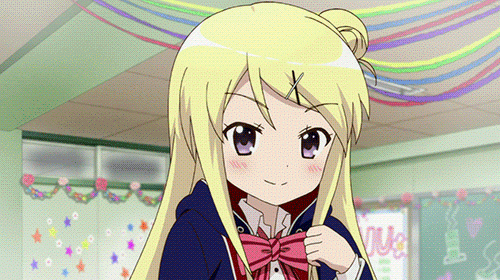
Studying Japanese? J-List has great Japanese textbooks, JLPT preparation books and flashcards in stock for you here!
Pronunciation Guides Included
The reason I went out of my way to include audio pronunciation examples is that pronunciation is important to get right. In my long post with advice on how to learn Japanese, one point I make is that people should avoid learning from Romanized Japanese textbooks (that is, from sources that depict Japanese in the Roman alphabet rather than forcing you to learn hiragana and katakana), because we naturally try to apply English pronunciation rules (like “silent e”) to Romanized Japanese, resulting in a bad “gaijin” accent.
So enjoy the sound of J-List’s manga and doujinshi buyer Daisuke in this post!
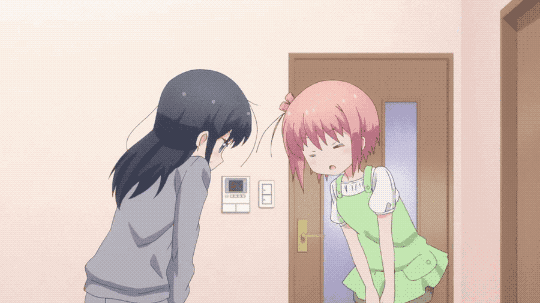
“My body shrinks and quakes in fear from your compliment…”
Formal politeness in Japanese is composed of two parts, 尊敬語 sonkeigo or words that raise up the person you’re speaking to, and 謙譲語 kenjougo, or humble words that lower you and those associated with you. If I was talking to staff from Nitroplus, I might use language like this, thanking such a glorious company for working with such an unworthy company like J-List. In non-business settings, it’s less important to use this kind of formal language, but sometimes having the right phrase handy can make you look good.
One word that shows this humility is 恐縮です kyoushuku desu, which literally means “I’m so terrified that my body is shrinking.” The implication is you’ve received such an undeserved compliment from such a great person that you are having trouble replying, so great was the compliment. If you memorize this word and use it when someone praises you for something, they will be amazed.
Another version of this is 恐れ入ります osore-irimasu, which means pretty much the same thing. I tend to use the former example because it’s easier to pronounce without getting tongue-tied.
(Of course, the “best” way to accept a compliment is to deny it profusely. If someone says you speak Japanese very well, be sure and say いいえ、そんな事ないです iie, sonna koto nai desu. Thanking people for compliments makes you appear boastful.)
Related post: learn Japanese using cute-sounding repeating words!
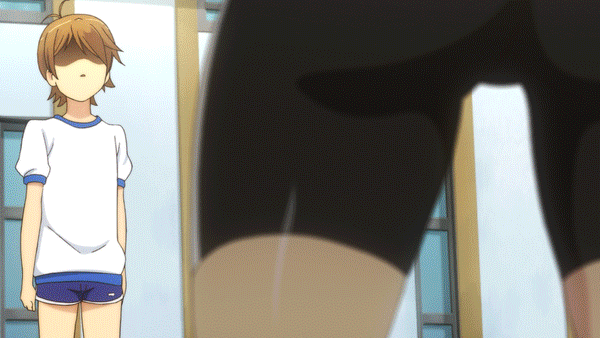
“Being able to meet someone as famous as you is glorious…”
Another word that can make a good impression is 光栄です kouei desu, literally meaning “it is glorious…”
Here’s how you might use it. Let’s say you’re a fan of Strike Witches creator Fumikane Shimada, and you’re finally able to meet him at a convention. You might say 島田先生に会えて光栄です Shimada-sensei ni aete kouei desu, meaning “Having the chance to get to meet Shimada-sensei is truly glorious.”
(The word sensei literally means “born before me” and is an honorific term for teachers and doctors, though a lot of other professions take the term, including anyone who’s passed a national test, such as lawyers and certified public accountants, and all elected politicians. Also, artists are always called sensei by their fans.)
Talk Like a Rich Anime Girl
There are a lot of phrases you hear a lot in anime, which you don’t actually encounter in real life that much. A good example is 様 sama, the honorific name suffix used in pretty much every anime for some high-ranking character or demon lord, but is only used in the real world when sending written wedding invitations. I don’t think I’ve spoken this word once after nearly 30 years in Japan.
One word that shows up in anime a lot and in the real world sometimes is ご機嫌よう gokigen-you, which is a very formal way of saying “hello” or even “goodbye.” It literally means “may you be in a good mood,” and functionally is a slightly wonky greeting you can use if you want to make your speech more colorful.
Related post: why you probably shouldn’t learn Japanese from anime.
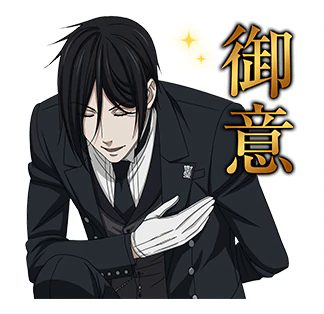
Agree Like a Samurai
The most common way to say “I will do as you ask” in a formal setting would be 分かりました wakarimashita, lit. “understood.” (If speaking informally it would be 分かった wakatta.) But if you want to make an impression, learn the word 御意 gyoi, which just means the same thing, but in a way that really raises the person you’re speaking to up in status. It’s a bit archaic, and you might sound like you learned too much Japanese watching old jidai geki (samurai period dramas)…or possibly Black Buttler. But it’s one of the most colorful Japanese phrases you could learn.

Count Chopsticks like a Pro
Finally, a word about chopsticks. One of the more enjoyable parts of Japanese learning the various words for counting different objects, which vary based on what they are. The counter for thin objects such as sheets of paper is 枚 mai, e.g. ichi-mai, ni-mai, san-mai, while long, cylindrical objects are counted with 本 hon, which comes out as ippon, nihon, sanbon. One of the great moments of enlightenment for any Japanese language learner is when they see 六本木 in kanji and realize what Roppongi means.
Japanese can be quite lazy about their own language, though, and will often use the hon counter for counting pairs of chopsticks, because they’re sort of long and cylindrical. But the correct counter for pairs of chopsticks is 膳 zen, e.g. ichi-zen, ni-zen, san-zen. If you buy bento at a convenience store and the clerk asks how many pairs of chopsticks, be sure to say 一膳下さい ichi-zen kudasai, and they’ll be floored that you know something that Japanese themselves seldom use.
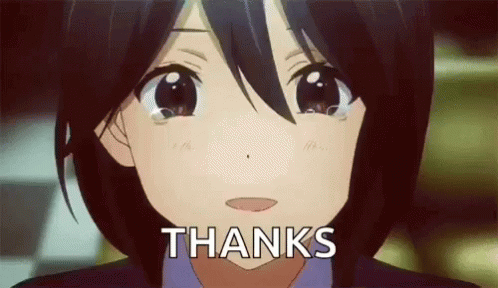
Related post: let’s learn Japanese through famous anime phrases.
Thanks for reading this post on some random Japanese phrases foreigners aren’t expected to know! If you have any questions about Japan or ideas you’d like us to write about here, post below or tell us on Twitter!
We love to bring you amazing artbooks from Japan, including professionally printed artbooks as well as amateur “doujin artbooks” made by Japan’s up-and-coming artists. We also stock outstanding How to Draw books that can help you “level up” as an artist!









